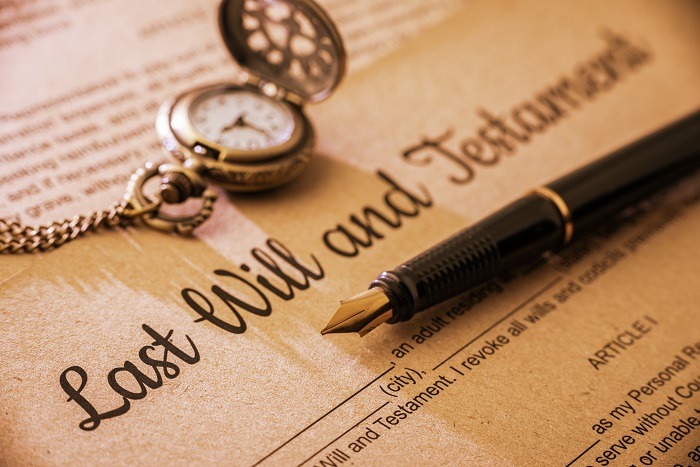Despite having been in a relationship for over four decades, Anne Jones would have incurred IHT on anything left to her by Dodd, had they not married on Friday.
Dodd died just two days later, at the age of 90.
Their marriage, however, triggers the spousal exemption around IHT and means that Jones will pay nothing.
One industry source joked that, given Dodd’s history with tax evasion, that he might have seen it as “one final finger’s up at the taxman”.
Could Dodd’s marriage be investigated?
When passing wealth, HMRC has put in place specific timings around some transfers to ensure that last-minute, so-called “deathbed”, planning doesn’t deprive it of tax that should be paid.
One example is the use of potentially exempt trusts (PET), which saw former British prime minister David Cameron criticised over a £200,000 payment from his mother.
The money was tax free, provided his mother lived a further seven years. Had she died during that period, IHT would have been triggered.
But having waited until the very end to formally tie the knot, is there any risk that HMRC could investigate Dodd’s marriage and potentially hit Jones with an IHT bill?
“Clearly, transfers between spouses are exempt from IHT and I’m not aware of any limitations in place to say that you must be married for a certain amount of time before that exemption can apply,” Neil Chadwick, head of technical services at RL360°, told International Adviser.
But, as with everything, HMRC reserves the right to look into it, understand the reasons behind it and, if it feels it is justified, disallow the exemption, he added.
Old Mutual Wealth financial planning expert Rachael Griffin doesn’t believe Jones will face HMRC scrutiny.
“HMRC have capacity to review all estates; the fact that they got married just before he died would not necessarily provoke a review. In their favour, they have been together for 40 years, so they would have a strong argument that the marriage was not just for tax reasons,” she told IA.
“HMRC are comfortable with the spousal exemption and there are no restrictions on the length of time you need to be married to benefit from this.”
A spokesperson from HMRC confirmed to IA late on Tuesday: “The law is absolute. If you are married at the date of death then the estate can pass to the spouse tax free. It does not matter how long you have been married.”
Deathbed planning
While marriage doesn’t create a red flag for the UK taxman, IFAs should be aware that financial planning for older and terminally ill clients can incur HMRC scrutiny.
UAE-based Robert Symons, partner and financial analyst at Abacus Financial Consultants, said that HMRC has been clear about the use of deathbed planning.
“Their actions in cases where certain trusts may have been used, underpins their ability to use [‘deathbed’ decisions] to nullify such planning,” he told IA.
Chadwick added: “Around pension planning, for example, moving money around different schemes can have implications.
“It’s like any kind of planning where you’ve got reliefs that are available, if HMRC look at that relief and don’t agree with the motive as to why it is being claimed – they reserve the right to investigate it.”








